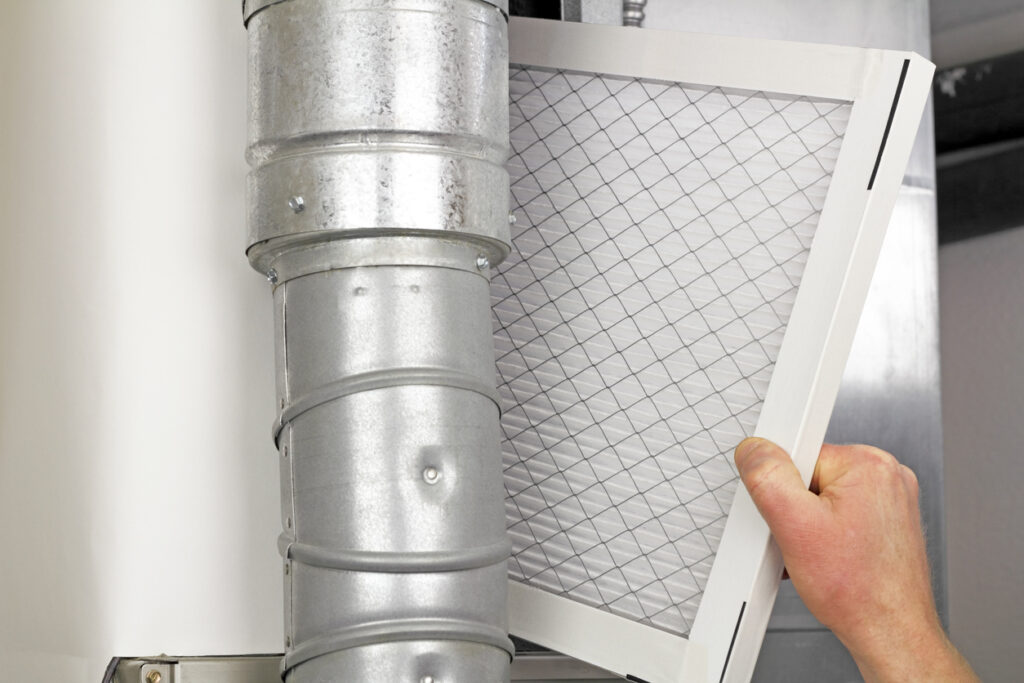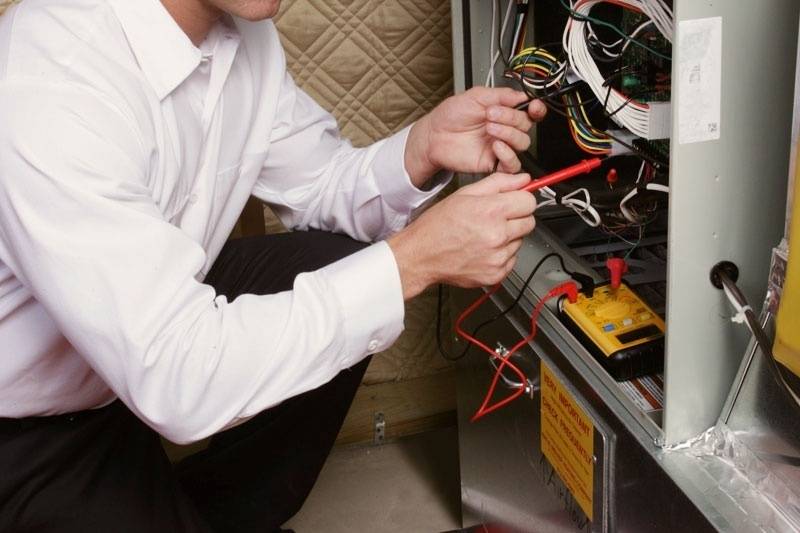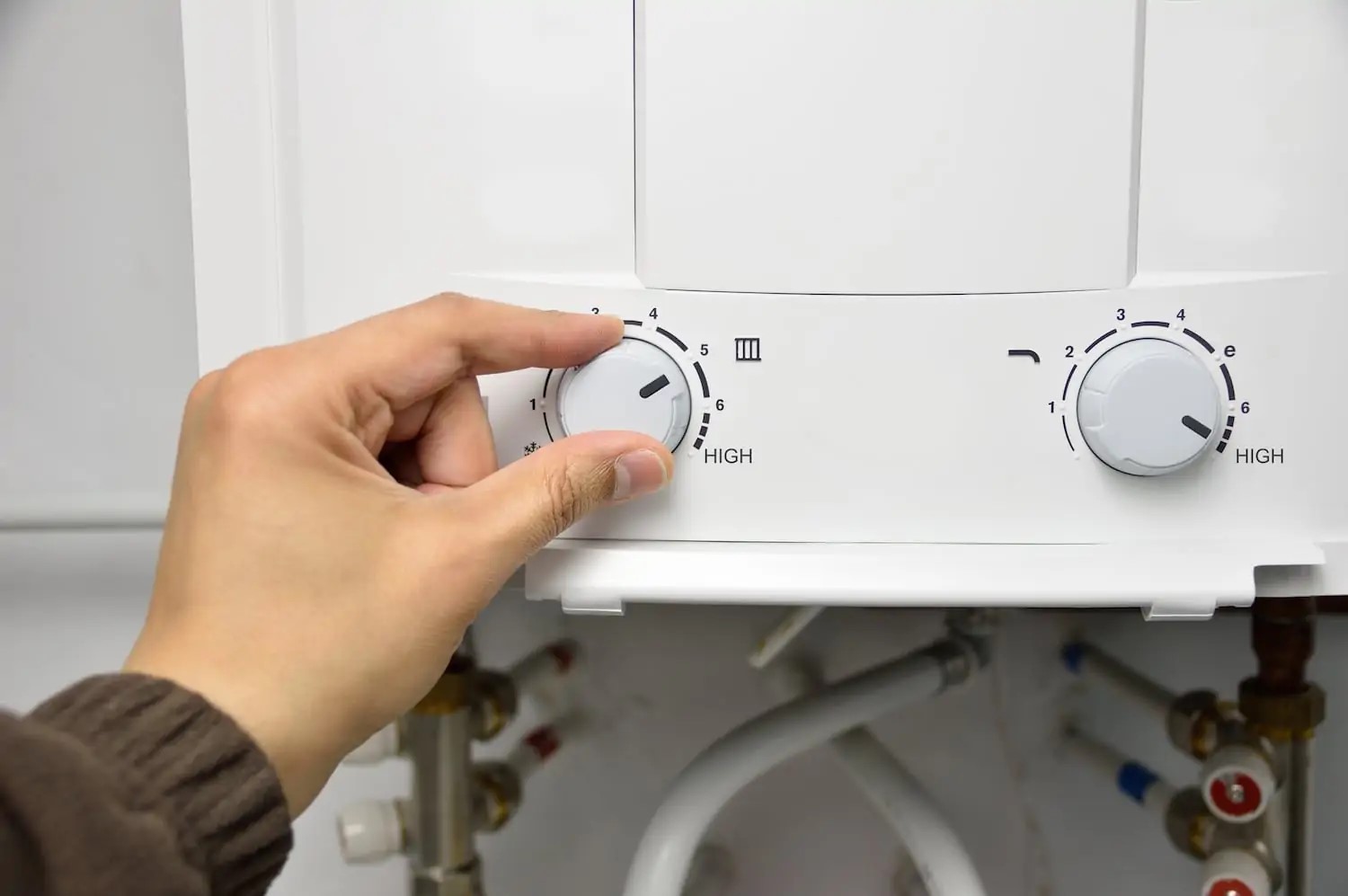
The Importance of Changing Your Furnace Filters
While it may be easy to ignore your furnace’s air filter, it’s crucial that you change out the filter from time to time. The air filter works hard to keep your air clean and maintain your furnace. When the air filter is too dirty, your furnace will have to work harder to heat your home, and you could run into a lot of heating issues. In addition, there are several benefits of replacing your air filters every three months. Just a few perks of doing so include:- Cleaner air: A clean air filter can do its job better than a dirty one, spreading cleaner air throughout your home.
- Less HVAC system stress: A dirty air filter makes it harder for your HVAC system to operate.
- Faster heating and cooling: When your air filter is dirty and clogged, your system can’t pull in air as quickly, making it slower to heat or cool your home.
24/7 Emergency Service
(833) 232-4328
Signs That You Need To Change Your Filer
When your air filters get dirty or clogged, they will show some obvious signs. While the typical recommendation is to change your air filters every three months, it may be best to do it more often if you have pets or notice a lot of allergens. Some signs that you need to change your air filters include:- Dust collecting on your shelves
- Family members sneezing more often
- Particulates floating in the air
- Slow heating or cooling
- Odd sounds from your HVAC system



